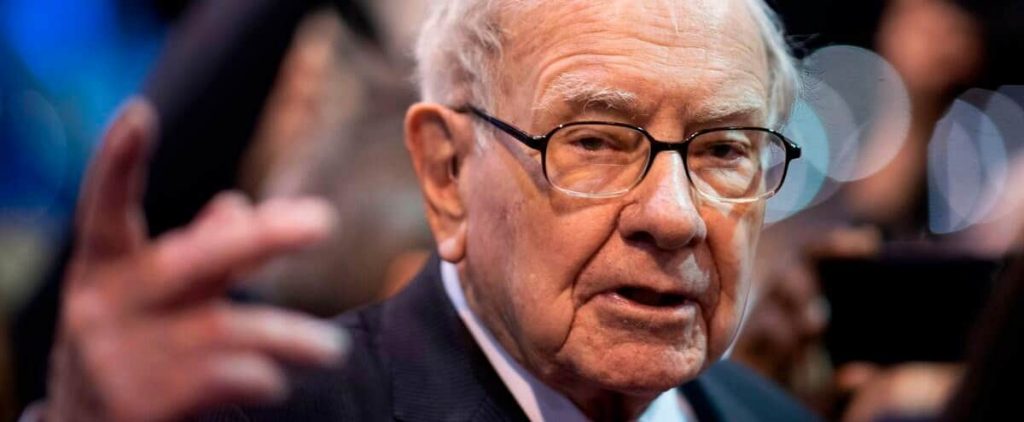
Hundreds of business and prominent delegates signed a statement Wednesday against any law restricting ballot box access in the United States as it examines several texts introduced by Republicans on how to conduct elections.
Multinational corporations such as Amazon, Facebook and Goldman Sachs, wealthy businessmen such as Michael Bloomberg and Warren Buffett, large law firms, NGOs, but also actor George Clooney and singer Paula Abdul put their names on it.
“If American democracy is to work for all of us, we must guarantee the right to vote for all,” the statement said in a statement. New York Times Yet Washington Post.
“We must all take responsibility to protect the right to vote and to oppose any law or discrimination that prevents or precludes an equal and fair opportunity for a eligible voter to vote,” he said in an internal text written by former American Express boss Kenneth. Chenalt and current Merck boss Kenneth Frazier, African-American.
They have been trying to mobilize the business world since the adoption of a law in the state of Georgia to fight election fraud, for example by strengthening checks on the identity of voters who vote by mail.
But according to its opponents, it will limit access to elections and target African-American voters in particular.
However, in Georgia, in the southern United States, there are wounds of separatism that led to a record mobilization, especially for black voters, that Joe Biden won in November 2020.
Many of the texts are now being produced in the country, especially in Arizona, Texas, Florida and Michigan, similar to those adopted in Georgia.
Led by Donald Trump, who has never explicitly acknowledged his defeat, many Republicans feel that the last election was marred by fraud, without proof.
In this context, many civil rights organizations and individuals are pressuring companies to intervene more forcefully in the political debate.





More Stories
Allegations of corruption Qatar warns of ‘negative impact’ of European measures
USA: Famous “Hollywood cat” euthanized in Los Angeles
The campaigner who called for the shooting of Ukrainian children has not been charged